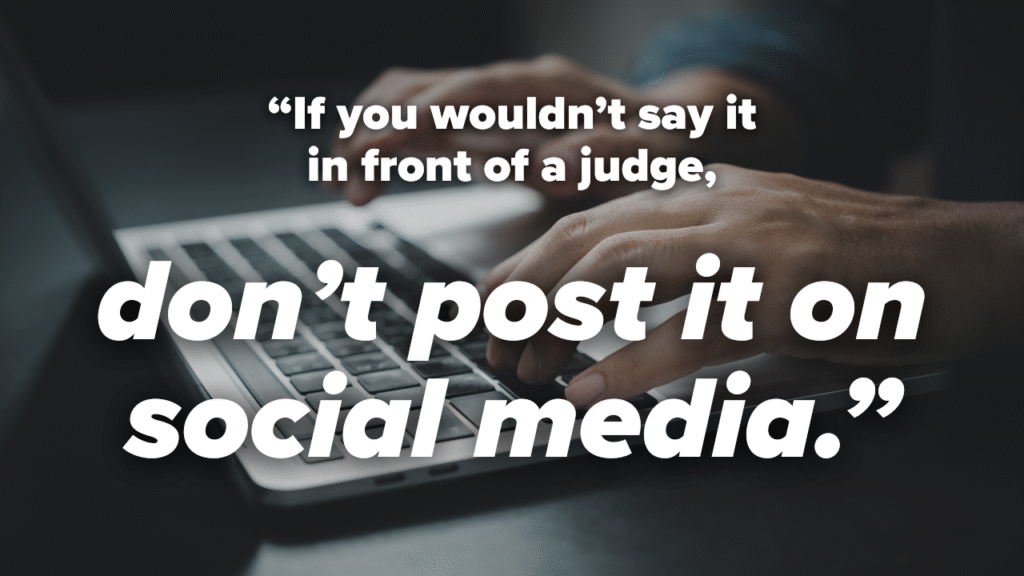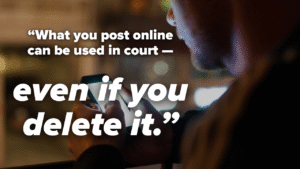Social media is part of daily life — but when you’re in a shared custody arrangement, what you post can come back to haunt you in court. Family law judges in North Carolina can and do consider online behavior when making decisions about custody, visitation, and even child support.
At Bourlon & Davis, P.A., we’ve seen firsthand how oversharing online can turn a strong case into a difficult one. Here’s what you need to know.
Why Social Media Matters in Child Custody Cases
When custody is being determined or enforced, the court focuses on the best interests of the child. Anything you post online that suggests irresponsibility, instability, or conflict can be used against you — even if it seems innocent at the time.
Posts That Can Damage Your Case Include:
-
Complaints or insults about your co-parent
-
Partying, excessive drinking, or drug use
-
Leaving the child with someone not approved by the court
-
Vacation photos when claiming financial hardship
-
Ignoring court orders or visitation schedules
-
Photos or videos of your child posted without the other parent’s consent
Even comments from friends or tags in other people’s photos can be pulled into the courtroom.
How Judges Use Social Media as Evidence
North Carolina courts allow social media posts to be introduced as evidence if they are relevant and authentic. Screenshots, videos, and even deleted posts can be retrieved and presented. In some cases, social media has played a critical role in modifying or even terminating custody arrangements.
According to the North Carolina Judicial Branch, judges consider factors such as parental behavior, communication, and the emotional environment in each home. What you post online can paint a very different picture than what you claim in court.
Tips to Stay Safe Online During a Custody Case
-
Avoid posting about your child or co-parent altogether.
The less you share, the less can be used against you. -
Set your profiles to private — but don’t rely on privacy settings.
Screenshots can be taken and shared, even by people you trust. -
Never post out of anger or frustration.
Emotional posts often come back to hurt your credibility. -
Ask friends not to tag you in photos or posts related to parenting or social events.
-
Assume anything you post can and will be seen by a judge.
If you wouldn’t say it in court, don’t say it online.
Co-Parenting Requires Care — On and Offline
 Effective co-parenting in North Carolina often depends on mutual respect, communication, and compliance with custody orders. Social media can undermine all of those things if it’s not used carefully. Don’t let a few clicks hurt your custody rights.
Effective co-parenting in North Carolina often depends on mutual respect, communication, and compliance with custody orders. Social media can undermine all of those things if it’s not used carefully. Don’t let a few clicks hurt your custody rights.
Need Help with Custody or Co-Parenting Issues in North Carolina?
At Bourlon & Davis, P.A., we help parents protect their rights and their children’s well-being. If you’re navigating a custody arrangement or modification — or need legal guidance on what to do when your co-parent posts irresponsibly — we’re here to help.
📍 Serving Durham and surrounding areas
📞 Call us at (919) 688-8041
🌐 Visit us at www.bourlondavispa.com for a consultation with an experienced family law attorney
